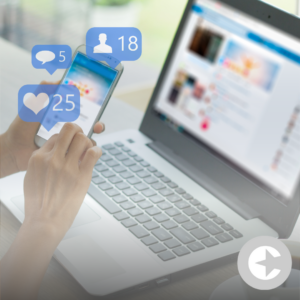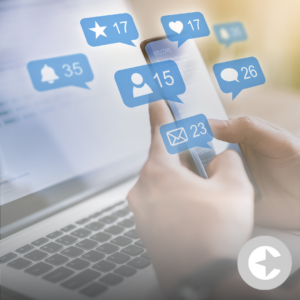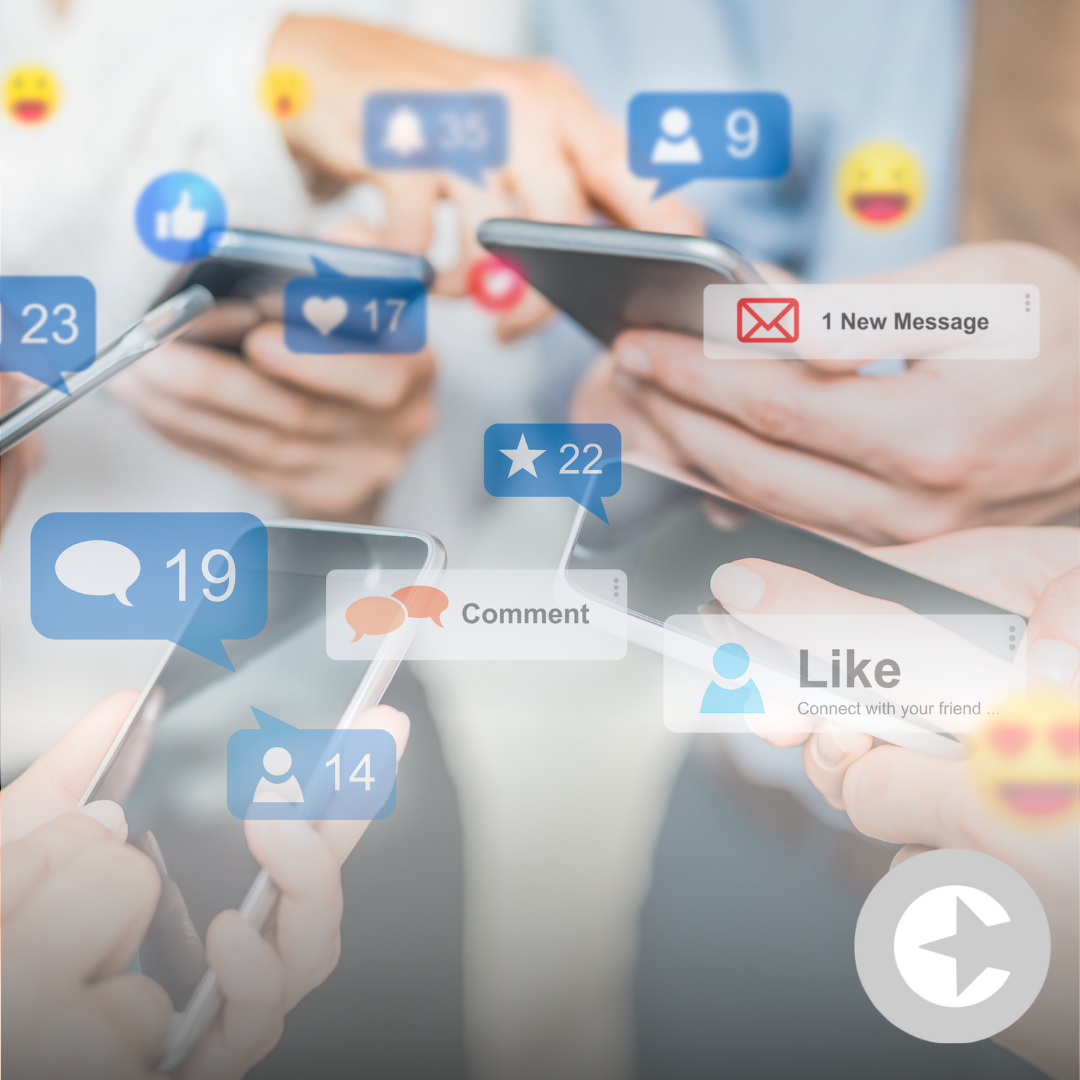Introduction: Welcome to our blog, where we explore the significance of National Social Media Day and shed light on the intersection between dopamine addiction and ADHD. In today’s interconnected world, social media has become an integral part of our lives, influencing how we connect, communicate, and consume information. However, it is crucial to understand the potential impact of excessive social media use on mental health, particularly for individuals with ADHD. Join us as we delve into the complexities of dopamine addiction, its connection to social media, and strategies for maintaining a healthy digital balance.

The Impact of Social Media on Dopamine: Dopamine, often referred to as the “reward chemical,” plays a central role in our brain’s pleasure and reward system. Social media platforms are designed to trigger dopamine release through likes, comments, and notifications, creating a cycle of instant gratification and seeking validation. For individuals with ADHD, who already have dopamine regulation challenges, the allure of social media can be particularly captivating, leading to potential addictive behaviors.
Understanding ADHD and Dopamine Dysregulation: ADHD, or Attention Deficit Hyperactivity Disorder, is a neurodevelopmental condition characterized by difficulties with attention, hyperactivity, and impulsivity. Dopamine dysregulation is a common feature of ADHD, affecting motivation, focus, and self-control. The constant stimulation and novelty offered by social media can exacerbate these challenges, leading to increased distraction, difficulty in task completion, and impaired executive functions.
The Connection Between Social Media and ADHD Symptoms: Excessive social media use can worsen ADHD symptoms, as the constant stream of information and distractions can hinder concentration and productivity. The quick-paced nature of social media platforms may also contribute to impulsive behaviors and difficulty in managing time effectively. Moreover, individuals with ADHD may be more prone to falling into the dopamine-driven cycle of seeking validation and experiencing mood fluctuations related to social media interactions.
Strategies for Maintaining a Healthy Digital Balance:
- Mindful Awareness: Cultivate self-awareness of your social media usage patterns and how they affect your well-being. Notice the emotions and behaviors triggered by social media and set intentions for mindful engagement.
- Time Management: Establish designated time blocks for social media use and implement digital breaks. Set clear boundaries to prevent excessive scrolling and create a healthier balance between online and offline activities.
- Create Supportive Environments: Seek support from friends, family, or support groups who understand the challenges of ADHD. Surround yourself with individuals who can provide accountability and encourage healthy digital habits.
- Utilize Productivity Tools: Explore apps and extensions that help manage distractions and improve focus. Tools like website blockers, time trackers, and task organizers can assist in maintaining productivity and reducing impulsivity.
- Seek Professional Help: If social media addiction or ADHD symptoms significantly impact your daily life, consider consulting a mental health professional who specializes in ADHD or addiction. They can provide tailored strategies and interventions to support your well-being.

Conclusion: As we celebrate National Social Media Day, let’s reflect on the impact of excessive social media use and its potential effects on individuals with ADHD. By understanding the connection between dopamine addiction and ADHD, we can proactively address the challenges and implement strategies for maintaining a healthy digital balance. Let’s prioritize our mental health, find joy in offline experiences, and foster meaningful connections in the ever-evolving digital landscape.



